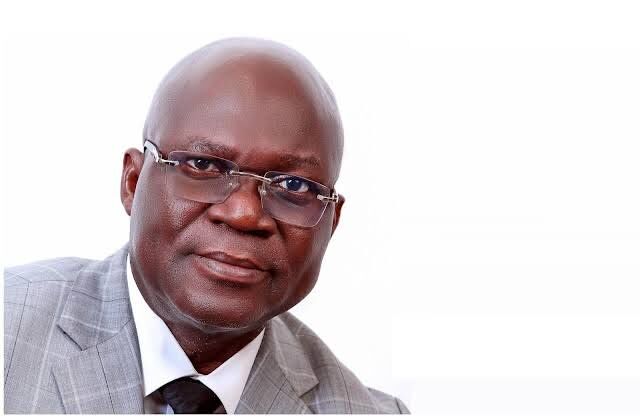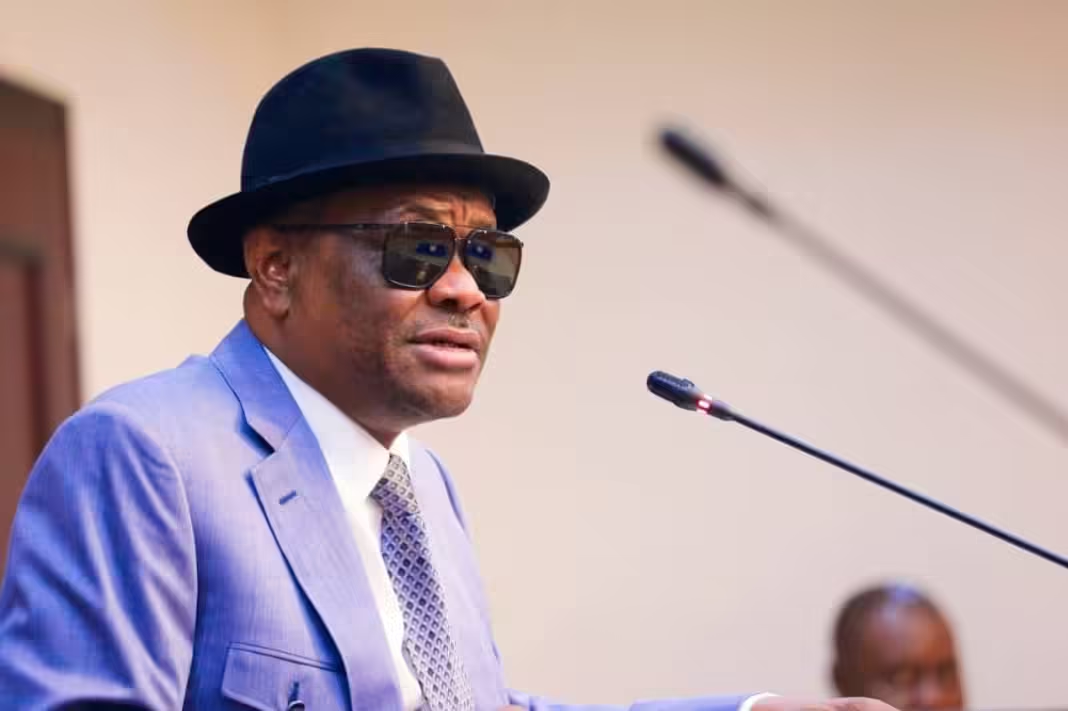Arise News anchor Reuben Abati reignited a long-debunked conspiracy theory during a Thursday morning segment on Arise TV, claiming—without evidence—that Nigerians of Yoruba origin are unable to purchase land in Nigeria’s South-East region.
Abati’s remarks came on the heels of Senate President Godswill Akpabio’s praise for the late Senator Ifeanyi Ubah, an Igbo politician celebrated for his business acumen. While acknowledging the industrious nature of the Igbo people, Abati shifted the conversation, asserting that the Igbo withhold their lands from non-Igbos, suggesting an underlying hostility towards other ethnic groups.
Abati referenced a story involving T.O.S. Benson, a late Nigerian minister. He claimed that despite Benson’s close ties to the Igbo community, including an Igbo wife and daughter, he was allegedly denied the opportunity to buy land in the South-East due to his Yoruba heritage. “It is the irony of Nigeria that the same Igbos who are so industrious that they’re all over and they do well in other parts of Nigeria,” said Abati.
“You go there as a non-Igbo man to go and buy land, you’ll be told that you don’t belong, even as an in-law.”
However, Abati’s assertions faced swift rebuttals. A Yoruba entrepreneur, Adetayo Amusan, owns the Polo Mall in Enugu, and billionaire businessman Mike Adenuga, also non-Igbo, holds substantial private and commercial land assets across Abia state. Yoruba residents are known to live and work in South-East cities such as Aba and Awka, with Enugu’s Ugwuaji district even featuring a street named after Dayo Okunlola, a Yoruba man.
On Friday, Abati doubled down on his position when pressed by his colleague Ojy Okpe, who read a social media comment criticizing his anti-Igbo remarks.
“You cannot paint a whole tribe with one brush,” Okpe noted.
Abati responded with agitation, interrupting repeatedly and demanding, “Replay the tape!” He insisted he stood by his original comments, declaring, “Nobody should tell me any nonsense.”
Despite Okpe’s efforts to seek clarification, Abati remained defiant, dismissing her role as mere “nonsense duty.” His heated on-air exchange raised questions among viewers, with some expressing concern over his treatment of colleagues. Abati insisted he was justified, saying, “If people have a different opinion, they have anthropological evidence to support it. It is not for me to reverse myself.”
Netizens reacted strongly to Abati’s behavior, questioning his professionalism and suggesting his on-air aggression may mirror his off-air conduct. Okpe, however, ended the segment with a calm but firm rebuttal, stating, “The conversation is that a whole tribe cannot be painted with one man’s experience.”




